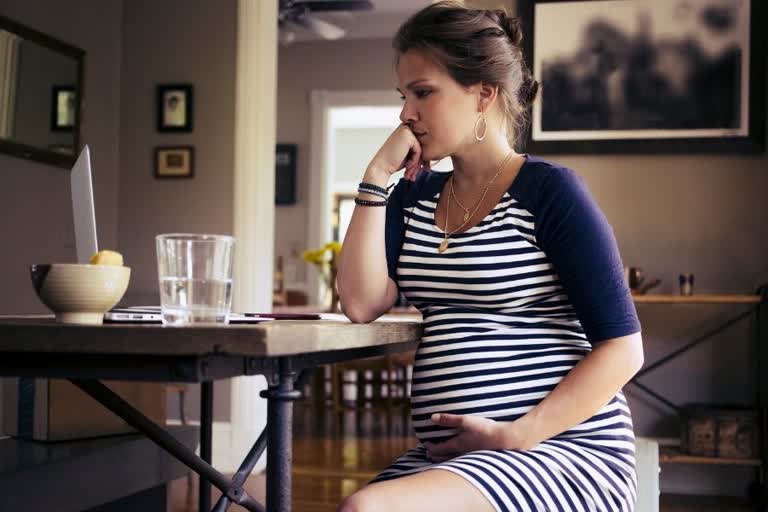The study regarding how sleep, biological rhythm and other variables can lead to depression and anxiety, was published in 'The Journal of Clinical Psychiatry'. The three-month period before and after giving birth is a vulnerable time for women's mental health. It is estimated that 15 to 18 percent of women experienced anxiety and seven to 13 percent experienced depression during this peripartum period. In addition, nearly 10 percent of women experienced clinical levels of comorbid anxiety and depressionduring this time.
In the largest observational study to date investigating changes in sleep and biological rhythms during the peripartum period, researchers identified several variables that are linked to depression and anxiety. Most notably, changes in the circadian quotient (the strength of the circadian rhythms), the average amount of activity during nighttime rest, and the amount of fragmentation of nighttime rest were strongly linked to higher depressive and anxiety symptoms.
"Our findings highlight the importance of stabilizing the internal biological clock during the peripartum period to maintain healthy mood and minimize anxiety," said Benicio Frey, senior author of the study and professor in the department of psychiatry and behavioural neurosciences at McMaster University. "Given the findings, future efforts should be made to standardize evidence-based interventions targeting these biological rhythms variables identified by our team, either as treatment or prevention strategies," he said. Frey and his research team conducted the study from the Women's Health Concerns Clinic at St. Joseph's Healthcare Hamilton. This clinic specializes in psychiatric disorders during the peripartum, premenstrual, and perimenopausal periods.
